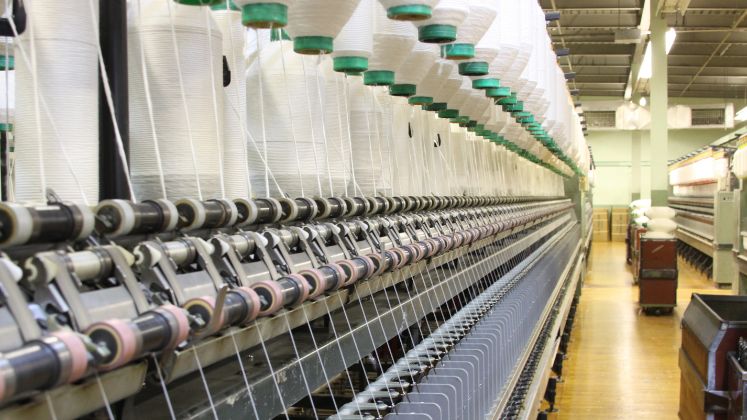
For kapas (raw cotton), the Central Government recently raised the minimum support price (MSP) by Rs. 7,460 (US $ 86.49) to Rs. 7,560 (US $ 87.65) per quintal for medium staple, Rs. 7,710 (US $ 89.39) to Rs. 7,860 (US $ 91.12) for medium long staple, Rs. 8,010 (US $ 92.86) to Rs. 8,110 (US $ 94.02) for long staple, and Rs. 8,310 (US $ 96.34) to Rs. 9,310 (US $ 107.94) for extra long staple.
The move, which was intended to help farmers, has alarmed Gujarat’s textile sector, which worries that rising raw material prices will make India less competitive on the world market. Leaders in the industry contend that improving cotton productivity, as opposed to merely raising MSP, provides a more viable way to raise farmers’ incomes without putting undue pressure on manufacturers.
Jayesh Patel, Senior Vice-President of the Spinners’ Association of Gujarat, pointed out that while India accounts for 37% of global cotton acreage, its contribution to global cotton production stands at only 23%. He emphasized that improving yield is crucial if India aims to become a global leader in cotton production.
Manufacturers have also called for the removal of import duties on cotton. Bharat Chhajer, former Chairman of PDEXCIL, noted that Indian cotton is currently the most expensive in the world, which directly undermines the industry’s competitiveness. He added that at a time when global brands are looking at India as an alternative to Bangladesh, the high cost of cotton makes the country a less attractive sourcing destination.
Industry experts are urging the Government to strike a balance between supporting farmers and protecting the textile sector. Key recommendations include removing import duties on cotton, enhancing productivity, and reducing logistics costs to maintain the industry’s competitiveness.






